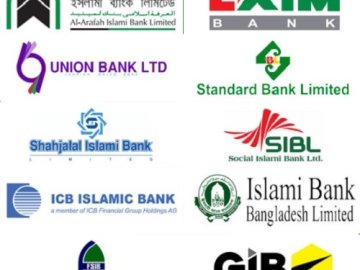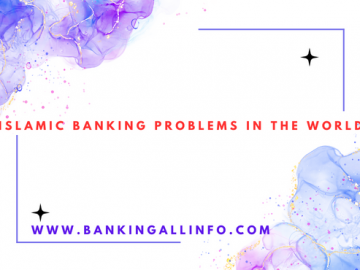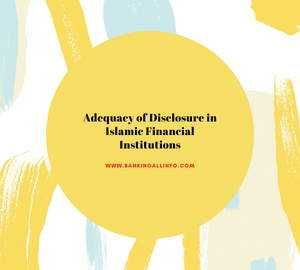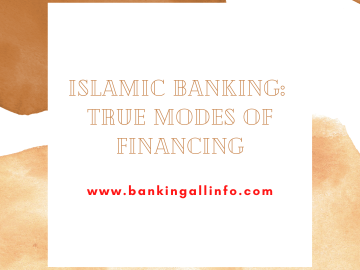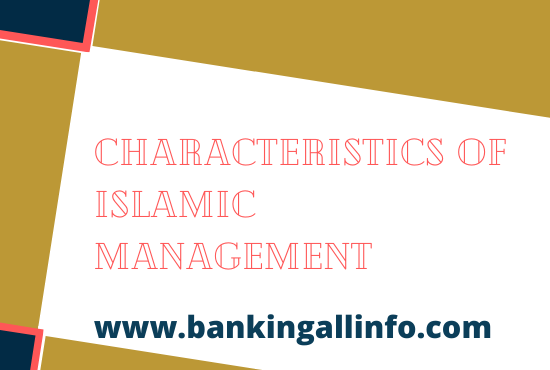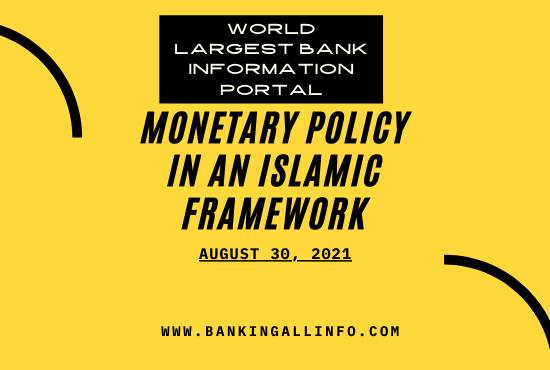All islamic bank of Bangladesh Apps 1. Al-Arafah Islami Bank Limited is an well-known Islami bank in Bangladesh. Founded: 1995 Head Office: Al-Arafah Tower, 63, Purana Paltan, Dhaka-1000. Short Name: AIBL Financial Information BDT (Tk.): =========================== [ As on: 31 December 2021 ] Authorized Capital: Taka 15000 million Paid-up Capital: 10649.02 […]
Read more